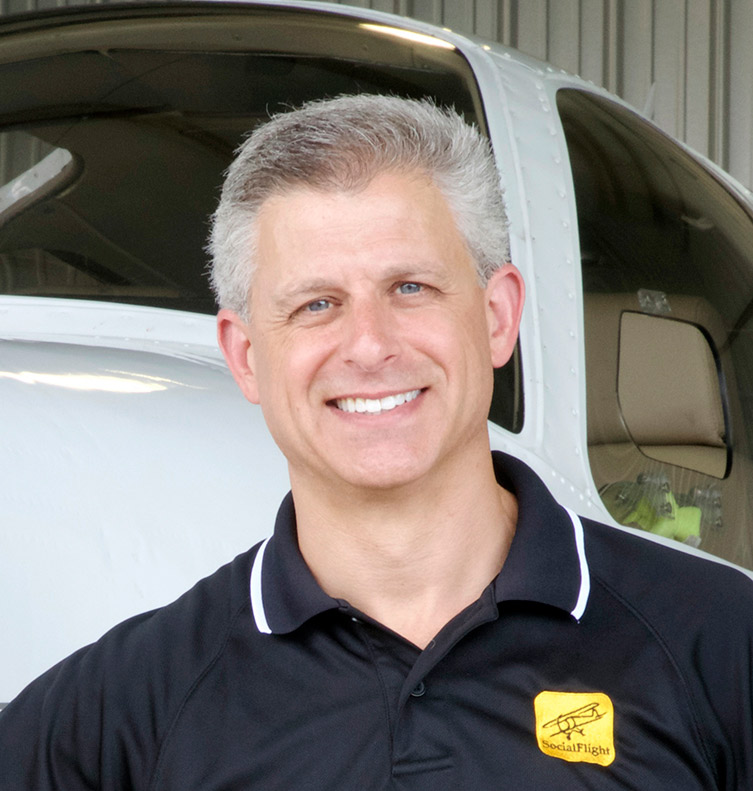Aircraft Maintenance: 'First, do no harm'
Avoiding maintenance-induced failures

It is a widely held, yet historically questionable, belief that the father of modern medicine, Hippocrates, coined the phrase “First, do no harm” as one of the primary tenets of the Hippocratic Oath. The concept is simple, but critically important: You are there to use your skills and training to help heal people. Do not practice your art in a manner that harms people.
Aircraft mechanics have a similar responsibility. Our job is to maintain the airworthiness of the aircraft so that it remains safe to fly. This is a surprisingly challenging thing to accomplish, which is why it requires such a high degree of training to be a licensed airframe and powerplant mechanic.
The federal aviation regulations place a significant emphasis on inspection and preventive aircraft maintenance in order to identify developing issues and address them before they affect safety of flight. At face value this makes perfect sense: Inspect all of the aircraft systems on a routine basis and fix small issues before they become big ones. The challenge is that neither of these tasks is completely benign.
Most inspection and preventive maintenance tasks require some degree of invasive disassembly, adjustment, and so forth. The very nature of these tasks introduces the potential for both human error and new component failure. Every time you disassemble, manipulate, clean, or replace a component you introduce variables that were not previously present and run the risk of inducing a failure.
Consider something as seemingly simple as cleaning fuel injectors. The procedure involves removing a critical component responsible for introducing fuel into each cylinder. There are no redundant components. If not done properly, the cleaning process could damage the injector, cause a crack in the cylinder, damage a fuel line, or otherwise cause trouble in a previously perfectly functioning system that is critical to safety of flight.
So, it begs the question: Why perform the maintenance task? The answer is unique to every situation, but must be carefully considered. In an age of sophisticated engine analyzers, there are completely noninvasive means of determining whether fuel injectors are operating properly. If no symptoms or causes of concern are present, you should carefully weigh the risks of the task with the benefits. This isn’t to say you shouldn’t clean your fuel injectors. However, you should clearly understand why you are doing it, what you expect to gain from it, and the risks involved in doing it improperly.
Throughout my 23 years of aircraft maintenance experience, I have witnessed a staggering number of safety issues caused by well-intended maintenance tasks. The results have varied from minor nuisances to near misses. We will be exploring several of these examples in this article series, not to specifically define what should and should not be done, but to understand why it is so important for maintenance providers and owners alike to look at inspection and preventive maintenance situations with a more critical eye. Only in this way can we ensure that our best intentions are always doing more good than harm. If you have your own story of “well intentioned maintenance gone wrong,” please pass it along. Until then, happy flying!
Interested in aircraft maintenance? View the archives of Jeff Simon’s Aircraft Maintenance series.



